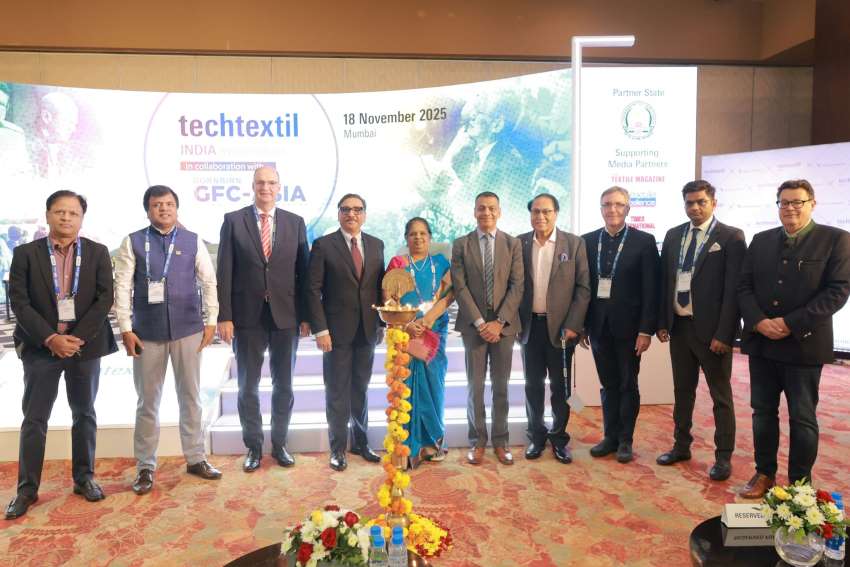The revised Trans-Pacific Partnership (TPP) trade agreement now under its new name Comprehensive and Progressive Agreement for Trans-Pacific Partnership (CPTPP) will be formally signed in Chile on March 8, and will become operational as soon as at least six members ratify it. The 11 remaining countries from the initial TPP finally agreed to go ahead with a new deal without the US.
The deal reduces the scope for controversial investor-state dispute settlements, where foreign investors can bypass national courts and sue governments for compensation for harming their investments. It further incorporates enhanced safeguards to protect governments’ right to regulate in the public interest and prevent unwarranted claims.
The new agreement a considerable win for Australian farmers and service providers in a trading area valued at about A$90 billion, is more of an umbrella framework for separate yet coordinated bilateral deals. Australian Trade Minister Steven Ciobo asserts that the agreement will deliver 18 new free-trade agreements between the CPTPP parties. For Australia that means new trade agreements with Canada and Mexico and enhanced market access to Japan, Chile, Singapore, Malaysia, Vietnam and Brunei.
This will ensure a speedier process for reducing import barriers on key Australian products which includes absorbent cotton. It also promises less competition for Australian services exports, encouraging other governments to consider Australian services and reduces the regulations of state-owned enterprises.
The new CPTPP rose from the ashes of the old agreement because of the inclusion of a list of 20 suspended provisions on issues that were of interest to the US. These would be reinstated post a US comeback. In fact, the scope of investor-state dispute settlements are narrower in the CPTPP, because foreign private companies who enter an investment contract with the Australian government will not be able to use it if there is a dispute about that contract.
The one part of the agreement relating to temporary entry for businesspersons is somewhat limited in scope and does not have the ability to affect low-skilled or struggling categories of Australian workers. Some parts of the original agreement are still included in the CPTPP such as tariffs schedules that slash custom duties on 95 per cent of trade in goods.












